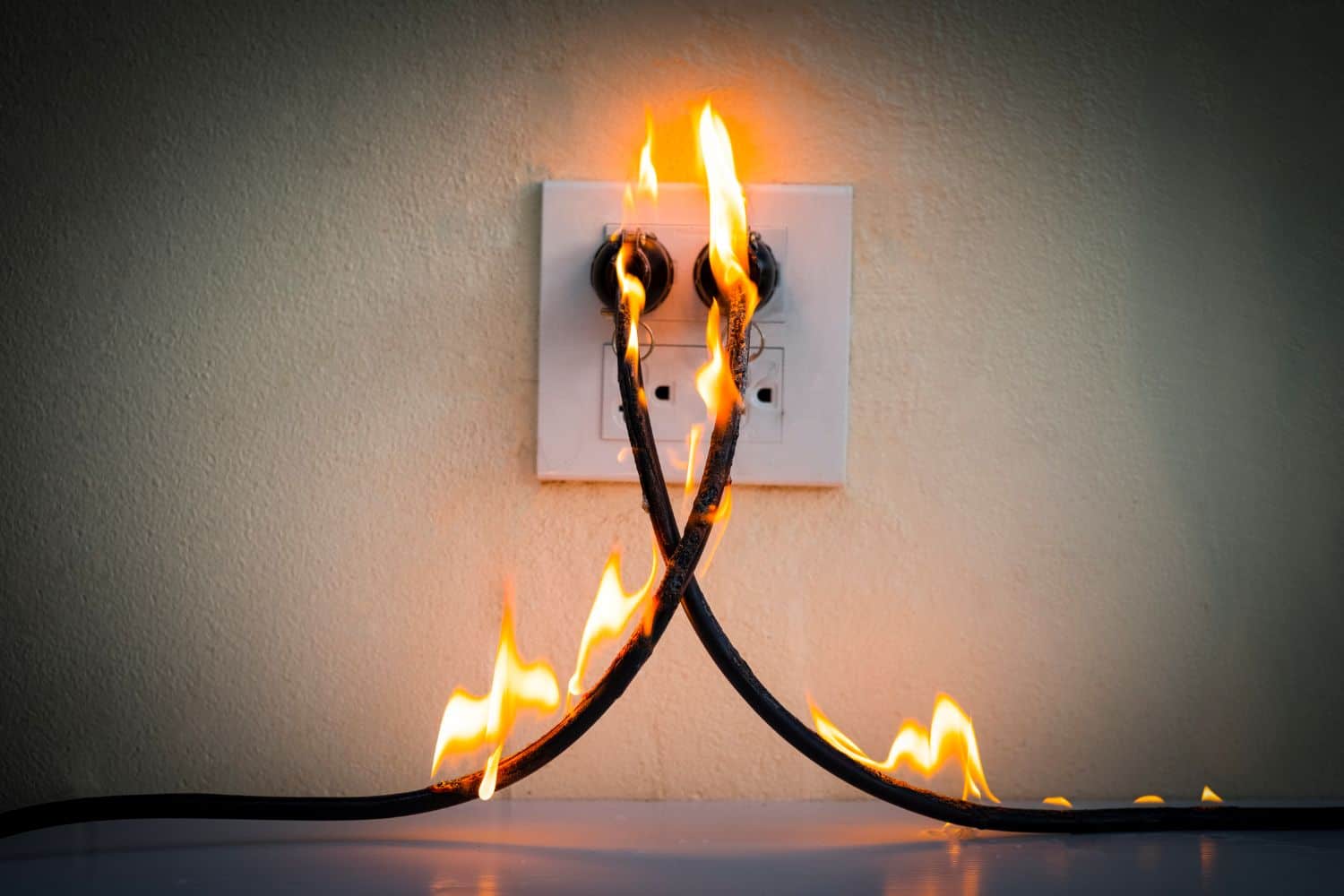Now that load shedding rears it ugly head again, consumers have to ensure that they protect their appliances against power surges.
If you ever wonder how you would get through life without the appliances in your house, you will know how important it is to protect them.
The most expensive fridge in South Africa costs a whopping R1 million, while a top-of-the-range TV could set you back even more. However, for most of us, the total value of every single household appliance we own does not even come close to this figure.
ALSO READ: Power surges and insurance: How to deal with the other load shedding monsters
But this does not mean that we can do without them and should not take every precaution when it comes to protecting them, Wynand van Vuuren, client experience partner at King Price Insurance, says.
“Protecting our fridges, TVs and other appliances from power surges and the effects of wear and tear will help to ensure that they continue to work for years to come.”
Van Vuuren warns that power surges can damage sensitive electronic components like circuit boards and processors, causing appliances to stop working altogether. Power surges are sudden spikes in electrical voltage when the power supply to your home is suddenly interrupted or switched back on, or if lightning strikes.
Best way to protect your appliances against power surges
The best way to help prevent power surge damage is to install a surge protection device on your home’s electrical distribution board (DB), he says.
“Using one device to protect everything that has a plug makes much more sense than buying separate adapters for each plug point. Because it covers all the phases and is always on, DB surge protection removes ‘user error’ from the equation and will likely also work out to be more cost-effective.”
Van Vuuren says when choosing power surge protection for your DB, look for a SABS-approved device and have it fitted by a qualified electrician who can provide you with a certificate of compliance.
ALSO READ: Load shedding can destroy your appliances – here’s how to avoid it
If you want to buy a new appliance, it is important to balance quality with affordability, he says. “Some of the less expensive brands only offer guarantees or warranties for short periods of time and there may be no technical support if some of the parts fail.
He points out that there are things you can do to prevent damage from wear and tear and extend the lifespan of the appliances you already have. “Washing machines and dishwashers will benefit from being serviced regularly and keeping their filters and water connections clean.
Why maintenance of your appliances is also important
“Most of the claims for household appliances that King Price sees are for fridges and while these cannot be serviced, keeping them clean, topping up the gas and defrosting them when necessary and dusting behind them regularly will help to keep them working efficiently for longer.”
Van Vuuren notes that insurers generally do not cover damage due to wear and tear and therefore regular maintenance is critical. Insurers also do not cover damage that is the result of grid interruption, making protection at the DB board a very wise move.
“Ask your insurer if it has the option of adding cover for power surge damage due to loadshedding. Most home contents policies cover lightning damage. We advise all consumers to check their policy schedules to confirm whether they have this cover and also to check their policy documents to understand the difference between ‘grid interruption’ and ‘loadshedding’.”
